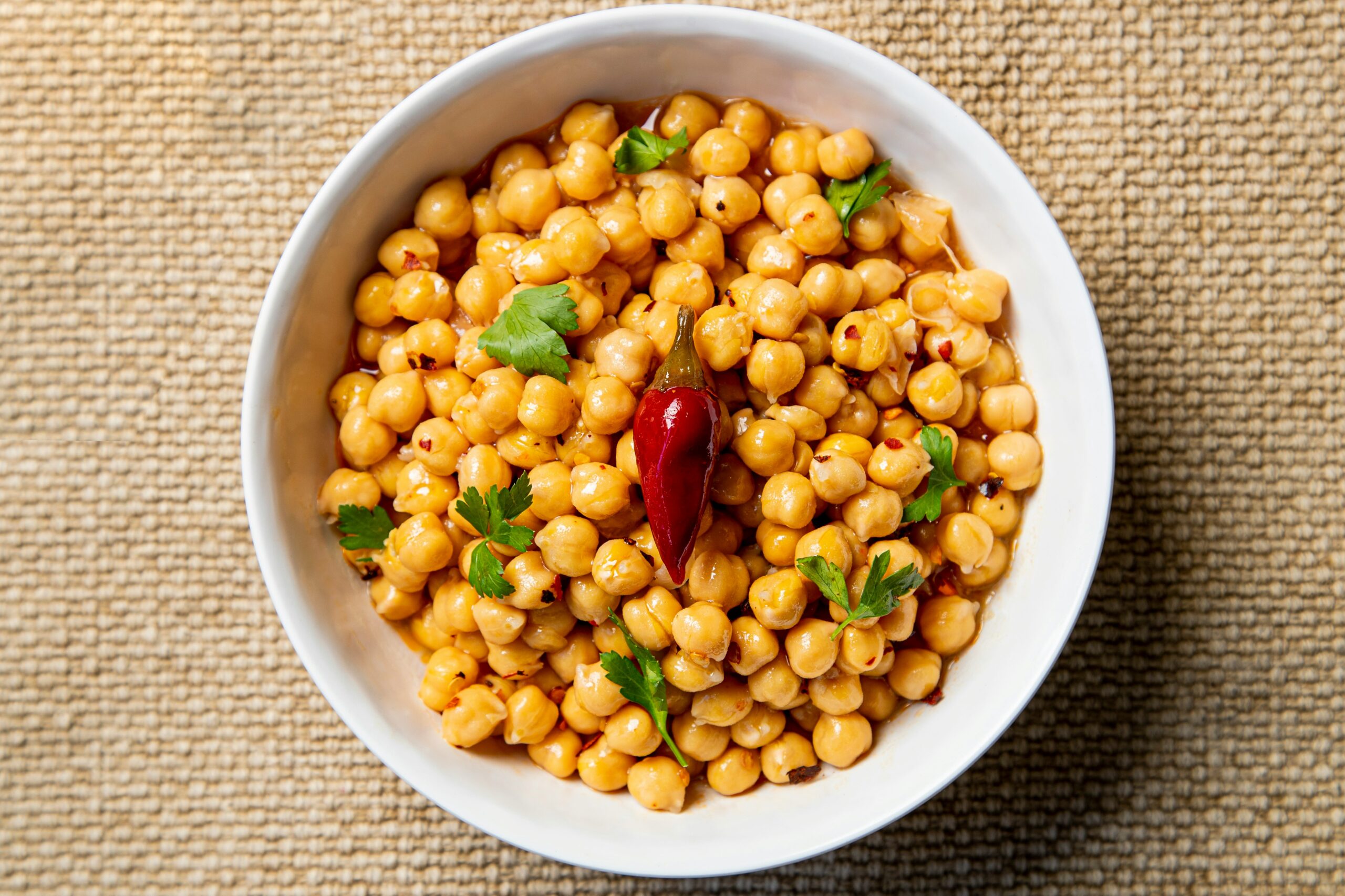We’ve all experienced the sugar rush followed by the sugar crash. There’s a reason why your sweet snack at lunch is followed by the afternoon slump! This energy slump caused by low blood sugar leaves you feeling exhausted and irritable, affecting not only your productivity but also your long-term health.
If this feeling is something you experience often, it indicates that your blood sugar isn’t as steady as it should be. In this post, we’ll explore key nutrients for healthy blood sugar, signs that it might be out of whack, and practical tips to help you maintain a healthy blood sugar level naturally.
The Basics of Balancing Blood Sugar
The primary goal in managing blood sugar is to keep levels as steady as possible throughout the day. When you consume foods containing carbohydrates or sugar, your blood sugar rises. This process is important as it triggers the release of insulin which transports the sugar from your bloodstream into your cells where it’s used for energy. Your body is adept at handling occasional increases in blood sugar as it’s a natural part of the digestive processes, however when these spikes become too frequent it causes your blood sugar to plummet. These highs and lows can leave you feeling irritable, fatigued, and even craving another sugar fix to get some energy.
So rather than eliminating rises in blood sugar entirely, the key to effective management is to ensure these extreme fluctuations don’t occur. The good news is that if this is an issue for you, there are a number of ways to take action and get your blood sugar under control, such as addressing your diet, nutrient intake, and other lifestyle habits.
Key Nutrients to Balance Blood Sugar
There are a number of key nutrients that play crucial roles in regulating glucose levels, such as Vitamin D, Apple Cider Vinegar, and Probiotics.
Fiber
Dietary fiber, particularly soluble fiber, slows down the absorption of sugar so you get a gradual rise in blood sugar after meals.. Good fiber sources include vegetables, fruits, whole grains, legumes, and seeds for sustained energy throughout the day.
Omega 3 Fatty Acids
Omega-3 fatty acids, found in fatty fish like salmon, chia seeds, and flaxseeds, have anti-inflammatory properties and may positively influence insulin sensitivity. Including these healthy fats in your diet can also contribute to overall metabolic health.
Vitamin D
Vitamin D, often referred to as the “sunshine vitamin,” is renowned for its role in bone health, but you may not be aware that its impact extends to blood sugar regulation as well. Research suggests that adequate levels of Vitamin D may improve insulin sensitivity, helping cells absorb glucose more effectively. This nutrient is particularly important if you live somewhere with limited sunlight exposure, have difficulty synthesizing Vitamin D naturally, or have food restrictions such as a vegan diet. To boost your Vitamin D levels, it will help to add fatty fish like salmon, fortified dairy products, egg yolks, and spend some time in the sun each day if possible. Additionally, a Vitamin D supplement will be extremely beneficial in getting your levels up.
High-Quality Protein
Like fiber, protein will slow down insulin secretion and lead to a gradual rise in blood sugar, so it’s important to add high quality protein to your diet. The general recommendation for adults is 0.8 -1g of protein per kg of bodyweight daily. Good animal sources include wild-caught fish, grass-fed beef, and pasture-raised chicken and eggs. And vegetarians or vegans can opt for sources such as seitan, lentils, tofu, chickpeas, quinoa, and almonds.

Probiotics
There is a LOT of research out there now on just how essential the gut microbiome is to various aspects of health, and one of those is blood sugar regulation. You can keep your gut microbiome healthy by incorporating probiotic-rich foods such as yogurt, kefir, sauerkraut, kimchi, and kombucha into your diet. A daily probiotic supplement will also go a long way to keeping your gut in good health.
Apple Cider Vinegar (ACV)
Apple Cider Vinegar has gained popularity for its potential benefits in blood sugar management and it has shown promise in slowing carbohydrate digestion, reducing post-meal blood sugar spikes. Thankfully we have our ACV available in a tasty gummy form so you don’t have to ensure the bitterness of a tablespoon in your water! We also highly recommend only taking your ACV in gummy form rather than direct from the bottle if you suffer from acid reflux, as any direct contact of this acid with the esophagus can lead to irritation and discomfort.
Magnesium
Research suggests that magnesium may improve insulin sensitivity, helping cells utilize glucose efficiently. To amp up your intake, add magnesium-rich foods such leafy green vegetables, nuts, seeds, whole grains, and legumes to your diet.
Lifestyle Habits for Better Blood Sugar Management
There are a number of changes you can make to your lifestyle to ensure your blood sugar levels stay in check, some of which you may be already doing! Check out this list and see if you’re missing out on any.
Regular Exercise
Regular exercise is fundamental for effective blood sugar management as it helps cells become more responsive to insulin (the hormone responsible for regulating blood sugar). Whether it’s brisk walking, jogging, cycling, or strength training, consistent physical activity is what counts! Aim for at least 150 minutes of moderate-intensity exercise per week, alongside strength training exercises.

Consistent Sleep Patterns
Inconsistent or insufficient sleep can disrupt the body’s ability to regulate insulin, leading to elevated blood sugar levels. You should be aiming for 7-9 hours of uninterrupted sleep each night depending on how your body works – some people need less, some need more. If you struggle with sleep, try to establish a consistent sleep routine such as going to bed and waking up at the same time each night to get your circadian rhythms back in sync.
Stress Management
Chronic stress can elevate cortisol levels, so stress management techniques into your daily routine is crucial for maintaining balanced blood sugar levels. Practices such as meditation, deep breathing exercises, yoga, or mindfulness can help reduce stress and promote emotional well-being. Taking breaks throughout the day to engage in relaxation techniques is essential for long-term blood sugar control.
Swap Soda for Water
You hear it all the time but that doesn’t make it any less important! You need to keep your hydration game strong. This is such a simple yet effective way to support blood sugar management as water helps the kidneys flush out excess sugar through urine. You should aim for at least eight 8-ounce glasses of water a day and try to avoid sugary beverages as they can contribute to blood sugar spikes.
Make Small Changes for Sustainable Results
Remember, the goal is progress, not perfection. These small changes in your diet and lifestyle can lead to significant improvements in blood sugar management once you stick to them. And don’t forget that adding our Liposomal Vitamin D, ACV Gummies, and Advanced Probiotics to your toolkit can all supercharge your progress!



